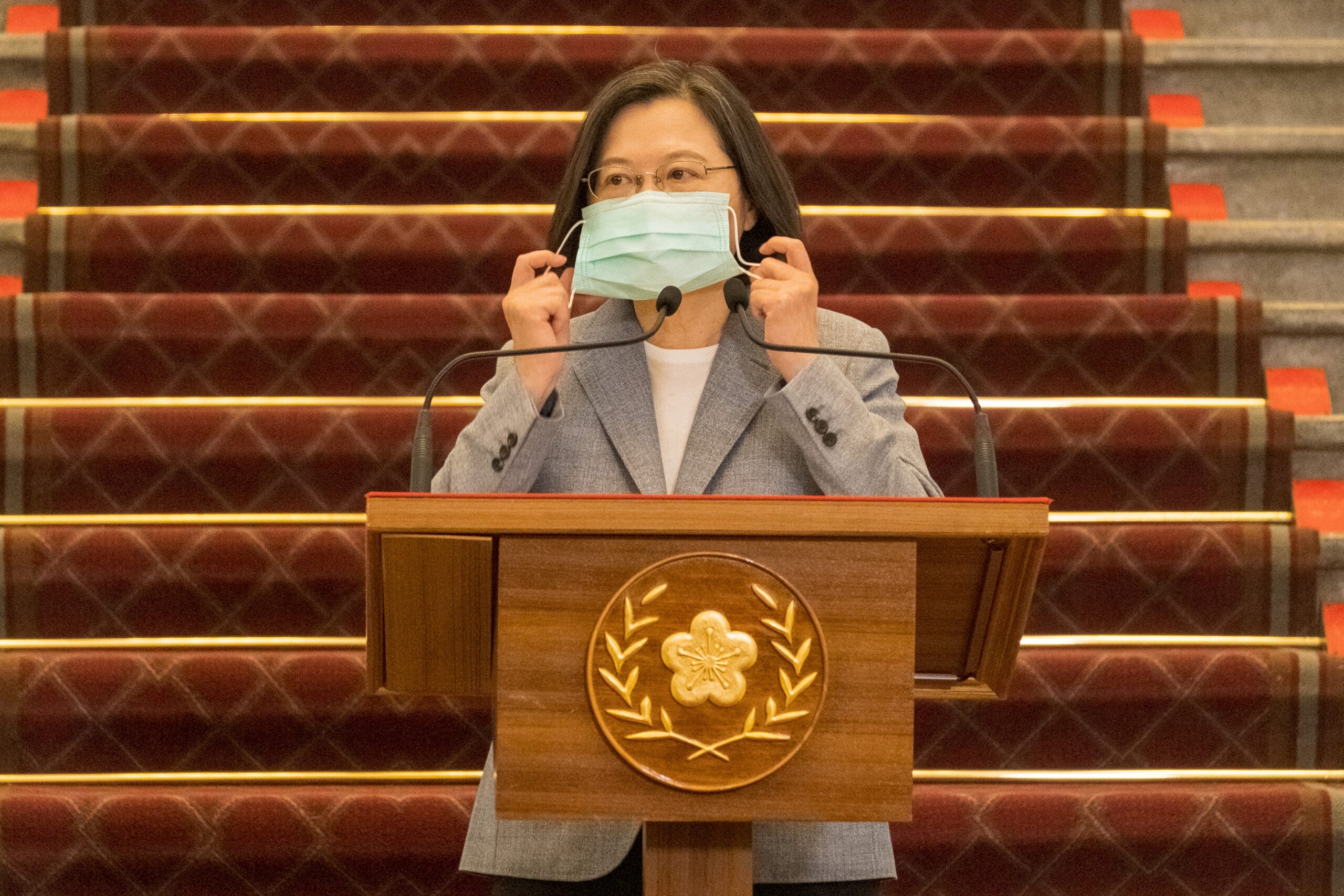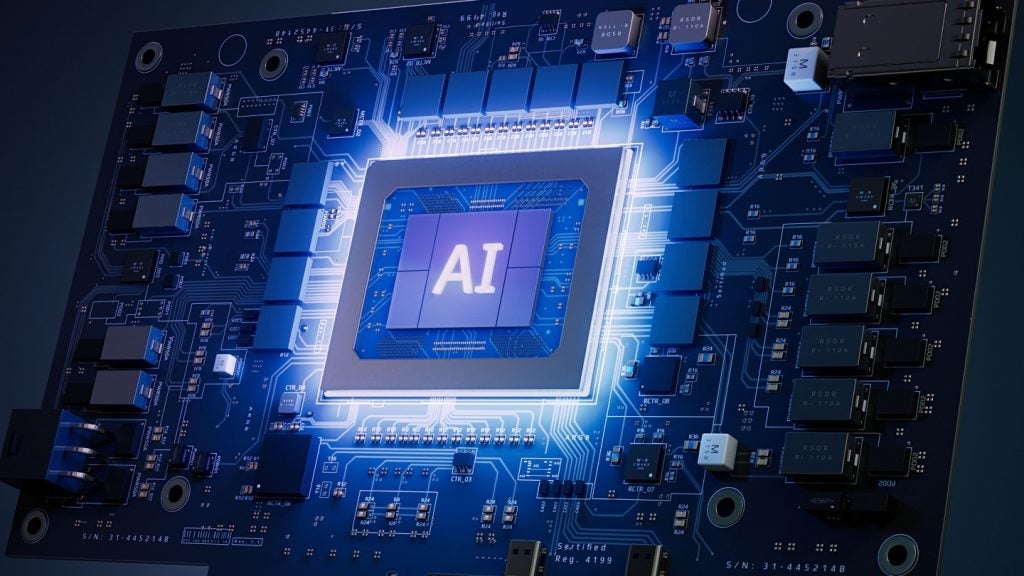
Taiwan said it would allow Foxconn founder Terry Gou and national chip giant Taiwan Semiconductor Manufacturing Company (TSMC) to negotiate on its behalf for Covid-19 vaccines. A government spokesperson announced this on Friday but added that there was no guarantee of success.
Both TSMC and Gou (who will be working through his Yonglin Education Foundation) said they hoped to buy around 5 million vaccines each from Germany’s BioNTech and donate them to the government.
Whether or not this approach will succeed is unclear.
“The government thinks that it may be easier for companies to reach out to vaccine makers or distributors to lower the geopolitical interference,” one source told Nikkei Asia.
Taiwan is trying to speed up the arrival of the millions of vaccines it has on order as it deals with a rise in domestic cases. Although infections remain comparatively low, only around 6% of Taiwan’s 23.5 million people have received at least one dose of coronavirus vaccine.
The government added that it would continue its own talks with BioNTech with the help of the German government. Meanwhile, Deputy Interior Minister Chen Tsung-yen said that around 240,000 doses of the Moderna vaccine would arrive in Taiwan on Friday.
How well do you really know your competitors?
Access the most comprehensive Company Profiles on the market, powered by GlobalData. Save hours of research. Gain competitive edge.

Thank you!
Your download email will arrive shortly
Not ready to buy yet? Download a free sample
We are confident about the unique quality of our Company Profiles. However, we want you to make the most beneficial decision for your business, so we offer a free sample that you can download by submitting the below form
By GlobalDataTaiwan has accused mainland China of blocking it from obtaining Covid-19 vaccines. Last month, President Tsai Ing-wen said that Beijing was instrumental in preventing Taiwan from signing a deal with BioNTech.
Shanghai Fosun Pharmaceutical Group signed an exclusive deal with BioNTech last year to supply its mRNA vaccines to mainland China, and in March offered to supply some of those doses to Taiwan. Under the deal, Fosun was given the sole rights to develop and commercialise the vaccines in mainland China, Hong Kong, Macau and Taiwan.
Beijing has repeatedly offered to send Chinese-made vaccines to the island, but the ruling Democratic Progressive Party has expressed concerns over their effectiveness and safety. Beijing insists that the two Chinese vaccines given emergency approval by the World Health Organization (WHO) are effective.
Given its complicated relationship with mainland China, Taiwan only has full diplomatic relations with 14 out of 193 United Nations member states. Historically, the Republic of China (RoC), i.e. Taiwan, has required its diplomatic allies to recognise it as the sole legitimate government of China, making it difficult to establish relations.
Nowadays, it mostly maintains unofficial relations with other states via representative offices and consulates. This may have made Covid-19 vaccination negotiations more difficult.
Meanwhile, Taiwan-based TSMC and Foxconn are keystones of the global tech supply chain and the Taiwanese economy. Together, the firms account for more than 30% of the island’s stock exchange by market capitalisation, according to Nikkei Asia. The two conglomerates thus hold significant power both domestically and internationally.
The sudden rise of Covid-19 cases on the island has also spread to electronics factories, further exacerbating the global chip shortage. Getting the island’s population vaccinated is, therefore, a priority for both the government and the global tech industry.




